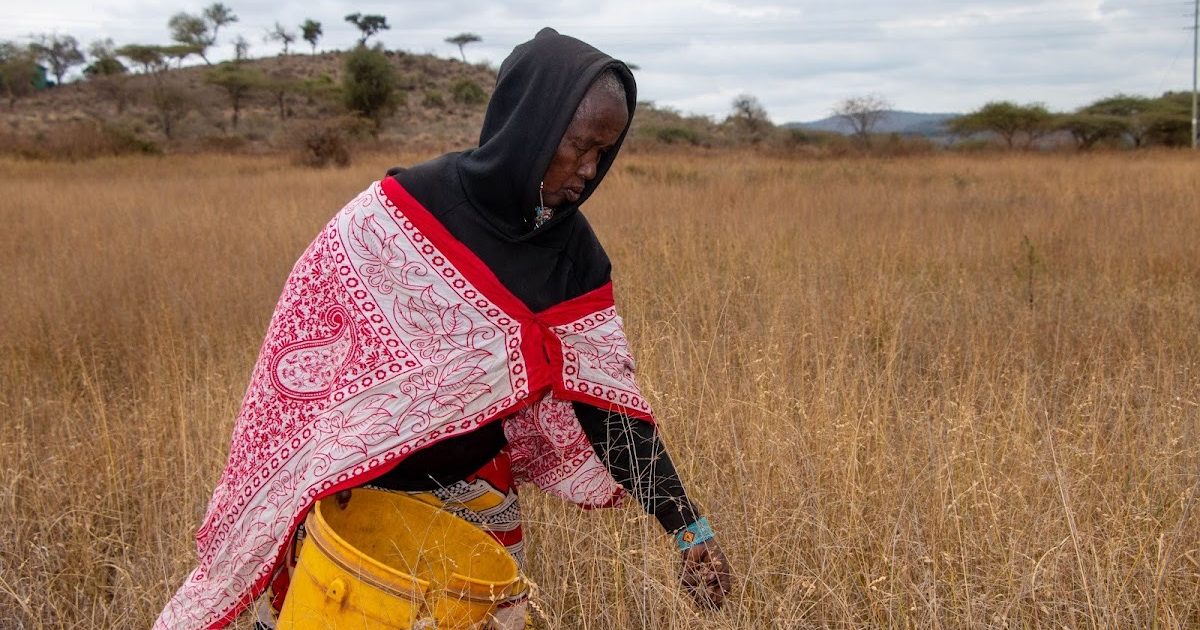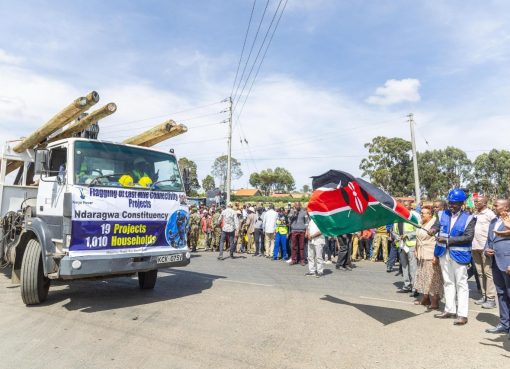In a bid to combat the adverse effects of climate change, a group of women from Kyulu Hills in Kajiado County have embraced pasture production and conservation to ensure their livestock have enough even during the drought season.
The women, who lost thousands of livestock during the drought last year, embarked on growing grass as a means of restoring degraded pasture and earning an income for themselves through the sale of grass seeds.
Justdiggit, a Non-governmental organization (NGO) in conjunction with Maasai Wilderness Conservation Trust, Amboseli Ecosystem Trust, and Conservation International has trained over 18 women groups in Kajiado South on how to grow and maintain the grass seed banks.
According to Hillary Rotich, Justdiggit Landscape Manager, grass seed banks are a landscape restoration method where small parts of communal land are used for the production of grass and grass seeds.
Rotich said the aim of the project is to improve economic opportunities for local communities while restoring degraded landscapes.
“This is a community-driven initiative where the women carry out planting, weeding,and harvesting. The harvested grass seeds are sold for other re-greening projects thus earning the women an income.” said Rotich.
Ann Gatheru, Project Manager Conservation International, reiterated the importance of involving women in conservation efforts.
Gatheru revealed that through the grass banks, the women have become financially independent and are able to provide for their families.
The project also helps to maintain indigenous rangeland grasses, which are often neglected and underdeveloped in terms of market and conservation.
“In Kajiado County, where the majority of the population are pastoralists, hay is always in demand. This guarantees a steady income for the women,” she added.
Mary Nkao, a resident of Iltilal, revealed that since the women started growing and selling grass, their lives have changed for the better.
Nkao said that through the income earned from the sale of hay and grass seeds, she has been able to pay school fees for her children and even start a small business.
By Rop Janet




